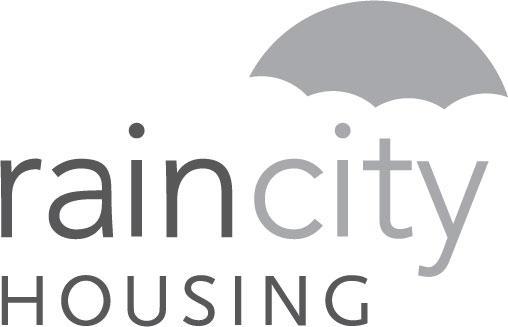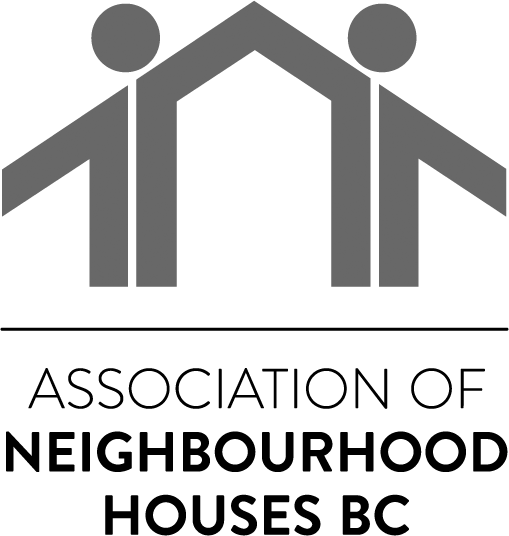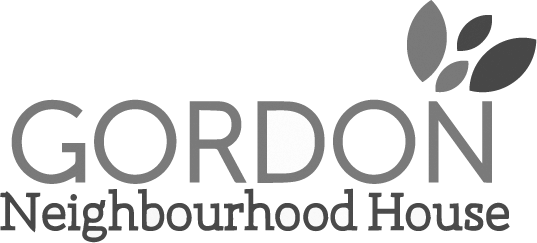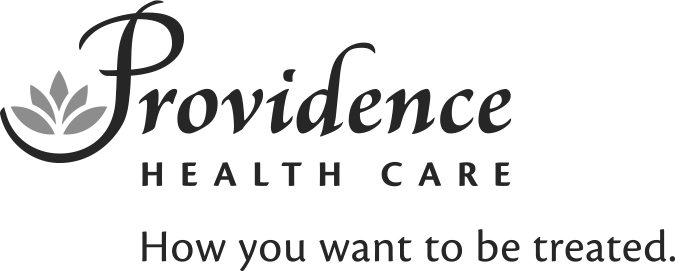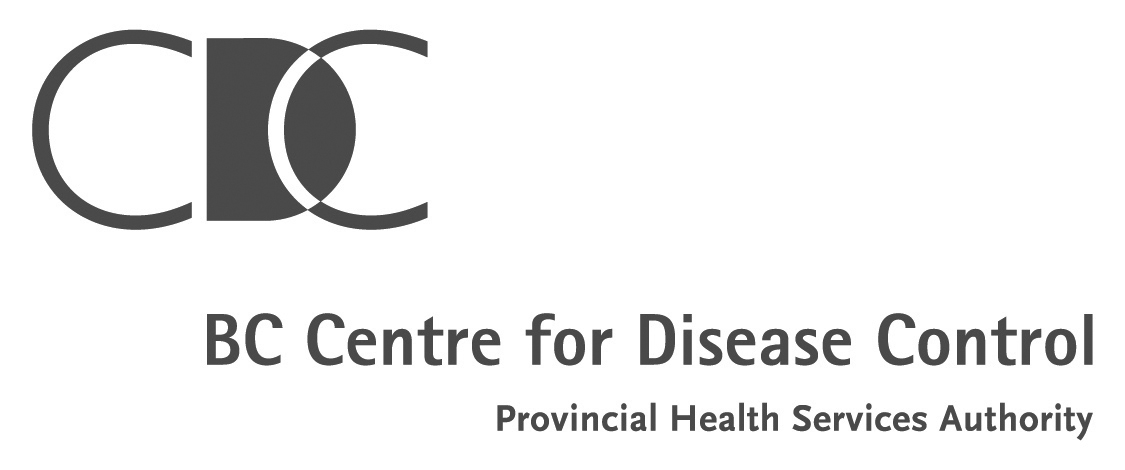myths about homelessness
There are many perspectives about homelessness. If you’ve never been homeless, it’s difficult to really understand what that experience might be like for you and your family. RainCity operates housing and supports in over 12 municipalities. We’re often contacted by people who believe in and support our work, and by others who have questions or concerns. And sometimes, people both support our work and have questions or concerns.
There are many myths about homelessness that impact how we respond as individuals and as communities. Some people believe folks experiencing homelessness just need to work harder and everything will improve. Others believe that everyone who experiences homelessness uses drugs. The reality is each individual has a unique story with many factors that all contribute to them becoming homeless.
We invite you to view and share these videos, and hope they will spark dialogue and dispel some of the myths that reduce our collective ability to address homelessness.
MYTH:
“We need to be harder on people who are homeless.”
FACT:
Homelessness has many systemic obstacles that we can remove in order to improve peoples’ circumstances.
MYTH:
“My condo is going to become worthless now that supported housing has shown up next door.”
FACT:
According to a BC Housing study, most Median Assessed Residential Property Values, or MARPVs, either mirrored or rose faster than the city average in the areas studied where supportive housing was built.
MYTH:
“Discarded needles are dangerous and transmit diseases.”
FACT:
In Canada there has never been a documented HIV transmission from a discarded needle.
MYTH:
“Everyone who is homeless is living on the street because they want to.”
FACT:
Poverty, lack of affordable housing and lack of a strong support network of family or friends all contribute to homelessness.
MYTH:
“People become addicts because they’ve made poor choices and lack discipline.”
FACT:
Addiction is a chronic, relapsing health condition.
These videos were made possible by our amazing community partners and funders: the Association of Neighbourhood Houses of BC, Vancouver Coastal Health, Gordon Neighbourhood House, Providence Health Care, and the BC Centre for Disease Control.
Please note these interviews took place in the Fall of 2018 and some of the people interviewed may have different job titles.
